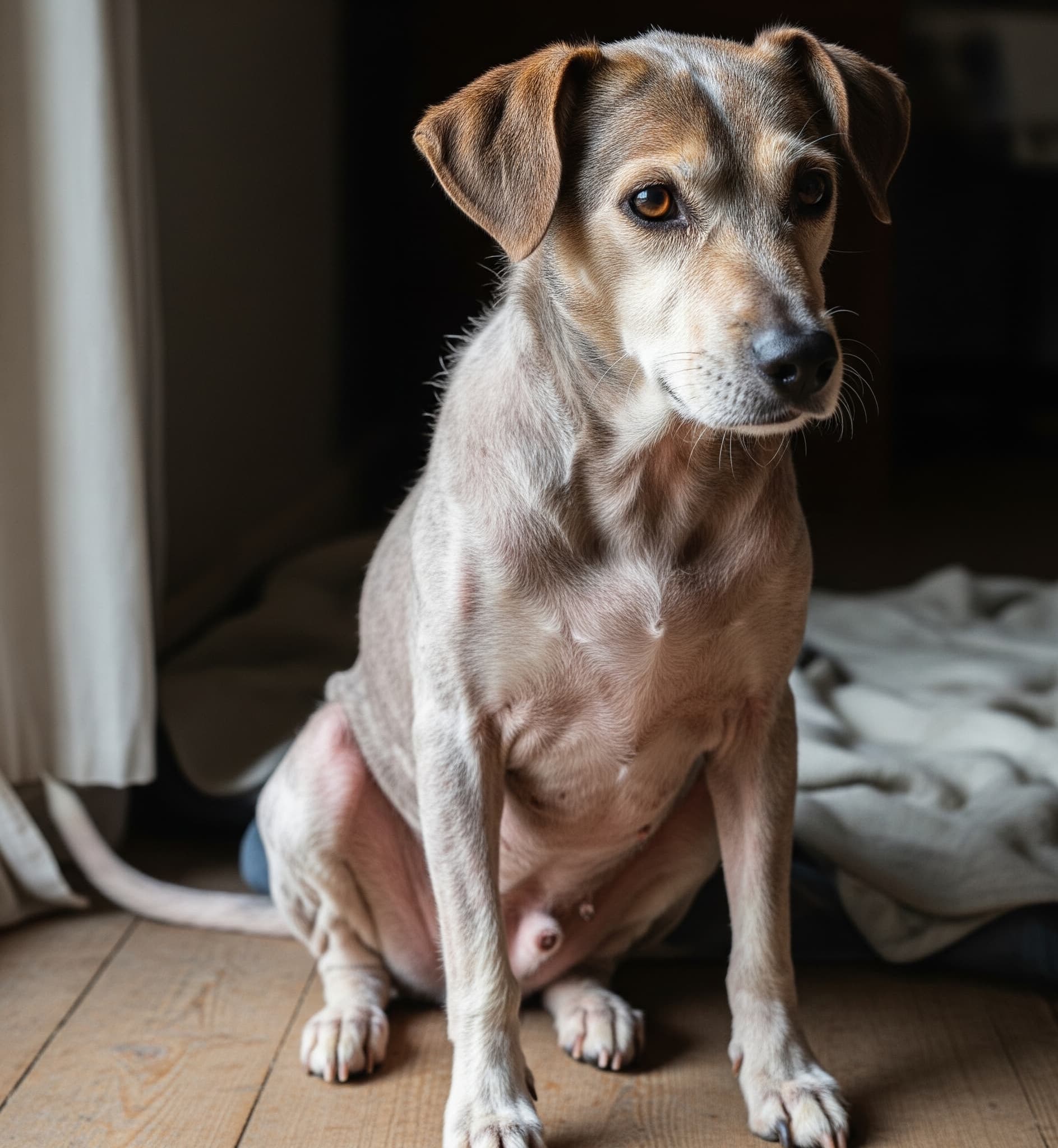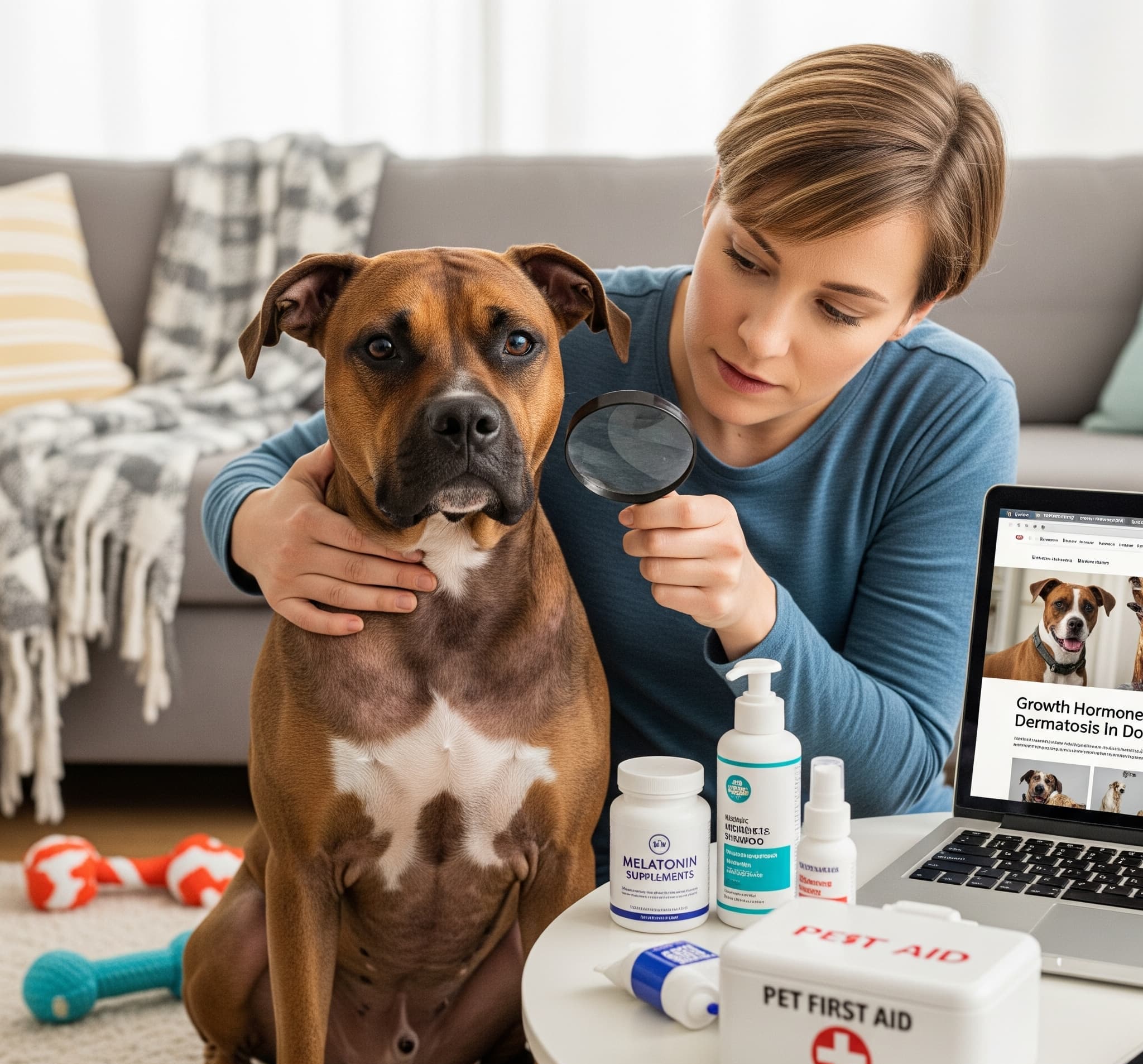New Dog Parents Guide: Why Your Puppy Is Coughing and Gagging – First-Time Tips
Worried about your puppy coughing and gagging? Discover common causes, home tips, and when to call the vet in this guide for new dog parents. Learn more!
Hey there, new dog parent! Bringing home a fluffy puppy is all excitement and cuddles, right? But then you hear that weird cough or gag, and suddenly you’re up at night wondering, “Is my little furball okay?” Don’t panic – coughing and gagging in puppies is pretty common. It could be something simple like excitement or a tickle in their throat. In this guide, we’ll break it down step by step. You’ll get the scoop on why it happens and what to do next. Trust me, we’ve all been there, googling at 2 a.m. Let’s sort this out together.
To help you navigate this extensive guide and quickly find the information most relevant to your needs, here are the key sections we’ll explore:
- Common Causes of Puppy Coughing and Gagging
- Signs It’s Time to See the Vet
- Simple Home Remedies and Tips
- Prevention Strategies for Healthy Pups
- Frequently Asked Questions (FAQ)
Common Causes of Puppy Coughing and Gagging
Okay, let’s dive right in. Why is your puppy making those sounds? It’s like they’re trying to hack up a hairball, but dogs don’t do that… or do they? Well, not exactly. Coughing and gagging often stem from irritation in their tiny airways. Think of it as your pup’s way of saying, “Hey, something’s bugging me!”
One big culprit is kennel cough. This sneaky respiratory infection hits puppies hard because their immune systems are still building up. It’s caused by bacteria like Bordetella or viruses, and it spreads like wildfire in places with lots of dogs – think daycare or parks. The cough sounds like a goose honk, followed by a gag. Ugh, we’ve all heard it!
Allergies can play a role too. Pollen, dust, or even smoke might make your puppy cough, especially if they’re sensitive. It’s like how some folks sneeze around cats – puppies react with hacks and gags. Then there’s eating too fast. Puppies gobble food like it’s a race, leading to choking or gagging. Or maybe they inhaled something weird, like grass or a toy bit.
Heart issues or parasites like heartworm are rarer in pups but possible. A dry cough might signal tracheal collapse in small breeds. And don’t forget infections like pneumonia – that wet, phlegmy sound is a red flag.
For a quick visual, check out this vet explanation on YouTube: Coughing, Gagging and Choking in Dogs. It shows the sounds so you can compare.
Most causes aren’t scary if caught early. But knowing them helps you stay calm.
Signs It’s Time to See the Vet
Alright, not every cough needs a vet trip – sometimes it’s just a one-off. But when should you grab the leash and head out? Picture this: Your puppy’s cough turns into a nonstop symphony. That’s when you worry.
If the coughing lasts more than a few days or gets worse, call your vet. Persistent hacks could mean kennel cough turning into pneumonia, especially in young pups. Watch for gagging with white foam or blood – that screams emergency.
Other signs? Lethargy, like your energetic ball of fluff suddenly naps all day. Loss of appetite or trouble breathing – rapid pants or wheezing – are big no-nos. If they’re coughing at night or after excitement, it might be heart-related.
Fever, runny nose, or eye discharge? Could be an infection. And if your puppy’s a rescue or from a shelter, they’re more at risk for stuff like distemper.
Don’t wait if they’re struggling to swallow or seem in pain. Better safe than sorry – a quick check can ease your mind. Vets might do blood tests or X-rays to pinpoint the issue. Trust your gut; you’re the parent!
Simple Home Remedies and Tips
Phew, if it’s not serious, what can you do at home? Let’s keep it easy – no fancy stuff. First, humidity is your friend. Run a hot shower and let your puppy chill in the steamy bathroom. It’s like a spa day that loosens mucus. A humidifier works wonders too.
Slow down mealtime. Use puzzle feeders so they don’t gulp food and gag. Honey can soothe a sore throat – a half teaspoon for small pups, but check with your vet first. It’s natural and yummy!
Keep them rested. No rough play if they’re coughing. Fresh air helps, but avoid dusty spots. And switch to a harness – collars tug on the throat and worsen hacks.
For visuals, watch this YouTube vid on home remedies: What Your Dog’s Cough is Telling You. Simple tips from pros.
Remember, these are for mild cases. No human meds – they can harm pups. If symptoms stick around, vet time!
Prevention Strategies for Healthy Pups
Prevention beats cure, right? As a new parent, you want your puppy cough-free. Start with vaccines. Get that Bordetella shot – it’s key for kennel cough. Puppies need boosters, so stay on schedule.
Socialize smartly. Avoid crowded parks until fully vaxxed. Clean toys and bowls to stop germ spread.
Watch the environment. No smoke around your pup – it’s like poison for their lungs. Use air purifiers if allergies are an issue.
Heartworm prevention meds are a must, especially in mosquito areas. Regular check-ups catch problems early.
A well-balanced diet boosts immunity. And exercise gently; fit pups fight off bugs better.
It’s like building a fortress around your furry friend. Small steps keep those coughs away.
Frequently Asked Questions (FAQ)
What if my puppy coughs only at night?
Night coughs might mean heart issues or allergies settling in. Monitor and see a vet if it persists.
Is kennel cough dangerous for puppies?
Usually not, but it can lead to pneumonia in young ones. Vaccines help prevent it.
Can I give my puppy cough syrup?
No way! Human stuff is toxic. Stick to vet-approved remedies.
How long does puppy coughing last?
Mild cases clear in days; infections up to weeks. If over a week, check in.
Does excitement cause gagging?
Yep, puppies get worked up and cough. It’s normal unless frequent.
Conclusion: Keep Your Puppy Happy and Healthy
Whew, we’ve covered a lot! From kennel cough to simple fixes, you now know why puppies cough and gag – and how to handle it as a new parent. Remember, most times it’s no big deal, but staying alert keeps your fur baby safe.
The key? Watch symptoms, prevent with vaccines, and use those home tips. Your puppy relies on you, and you’re doing great.
Ready for more? Share your puppy story below – did this help? Subscribe to our newsletter for weekly pet tips. And if you’re worried, book that vet visit today. Your pup thanks you!




Post Comment